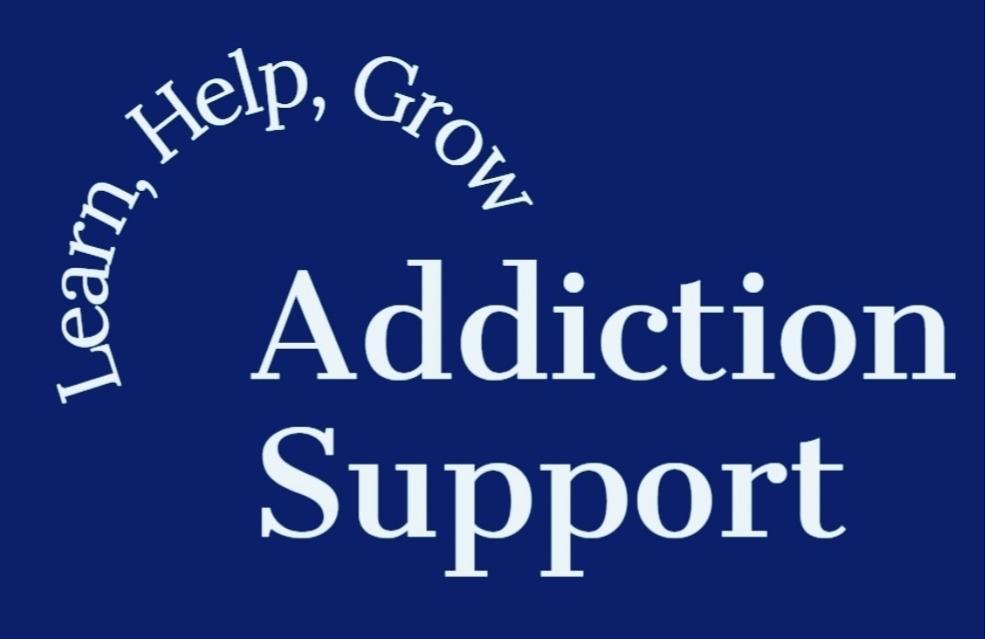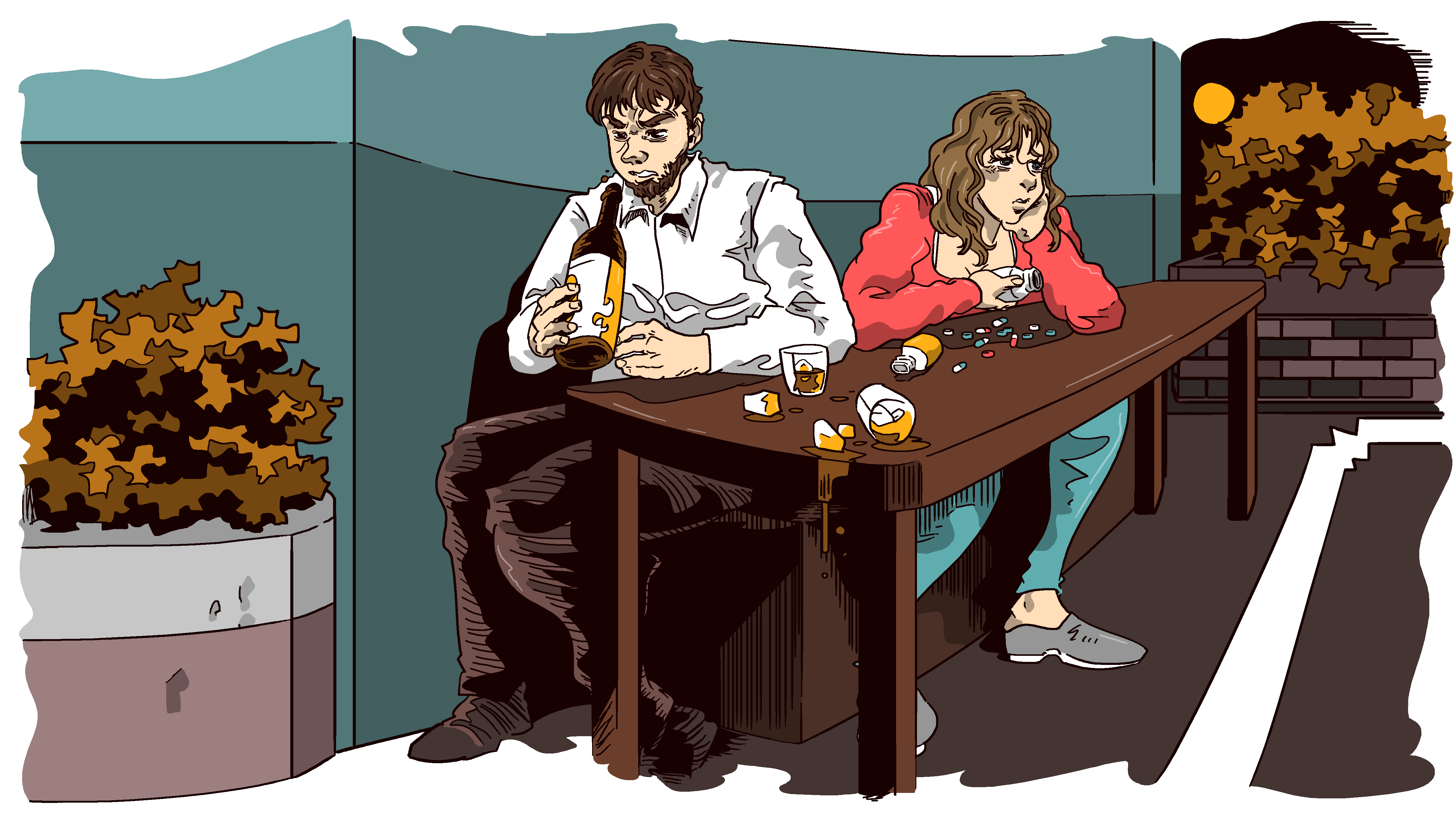Addiction is a complex condition that can be difficult to understand. By definition, it is a disorder that changes the way the reward system in your brain works. Many people want to learn more about it in order to find recovery, while others want to help their friends and family who are struggling with addiction. No matter what category you or your loved one fall into, the first step is educating yourself on the topic. Here are 8 things you didn’t know about addiction.
Addiction changes the brain, making drug use compulsive.
Addiction is a complex brain disease that affects the reward system of your brain. In other words, it affects how signals are sent throughout your brain and body. This causes changes in behavior and emotions that are transformed into cravings for certain substances.
In some cases, people start by using drugs that were prescribed to them by a doctor. Over time, their brains will be rewired to continuously seek substances to achieve that sense of euphoria – even if it means taking higher doses or more dangerous methods like snorting or injecting substances. With continued use, the euphoria that comes with them will subside and people will begin to rely on these substances just to feel normal.
It is incredibly difficult to quit using substances cold turkey.
Another misconception that people have about addiction is that people can simply quit using substances on their own. In most cases, it’s nearly impossible to stop using drugs without assistance. Alcohol and drugs can cause changes to occur in the brain that can make quitting very difficult, especially for people who have been using substances for a long time.
A person who is addicted to drugs is likely to continue using them even after they’ve experienced negative consequences from their actions or lost social connections as a result of their addiction. That’s why some form of treatment is necessary for people with substance use disorders to find recovery. Without assistance, they might not be successful at finding lasting recovery.
Treatment can be a lifesaver for individuals struggling with addiction.
It’s true! Treatment can be an effective strategy for most individuals, regardless of their age, gender, or socioeconomic status. Even when someone has an underlying mental health condition or is required to seek treatment against their will, it can work.
It’s important to remember that no two people are the same; what works for one person may not work for another. There is no one-size-fits-all approach to treating addiction and recovery looks different for everyone.
Relapses are unfortunate but can be a part of the process.
Relapses are not necessarily indicators that treatment has failed or that the person is “backsliding” into addiction. It is common for people to relapse before they achieve long-lasting recovery.
Relapses can be viewed as learning experiences, allowing you to see what worked in the past as well as what didn’t work for you on your path to recovery. They can also help you learn important things about yourself. They help you understand why certain situations trigger your addiction cravings and how your reactions affect those cravings so that you can avoid those things moving forward.
Open communication and understanding are more effective than judgment.
Another important aspect of addiction treatment is open communication. The best way to help a loved one with an addiction is to listen and empathize with them. A good listener will ask questions, pay attention to what the person says, and show compassion while they are speaking.
Shaming someone for their drug use can cause them to spiral further into it because they don’t feel like they can come forward about how they’re feeling or ask for help. Instead of judging or criticizing, try finding healthy activities that you can both engage in together (like going for a walk), which will give you a chance to connect on a deeper level and rebuild trust between each other.
It might take some time to find the right treatment programs and counselors.
When you are combatting addiction, it is important to find the right level of treatment. However, this can be easier said than done. The best programs will begin with a detailed screening and an assessment to determine an individual treatment plan.
Many people with substance abuse disorders require long-term treatment that spans many months or years. If your program is not a good fit, keep looking! There is an option out there that will work for you. Examples include residential treatment, partial hospitalization, intensive outpatient, supportive outpatient, 12-step groups, and individual counseling.
It’s never too late to seek help for an addiction.
There is a stigma surrounding addiction and those who suffer from it. The idea that there’s no hope, no solution, or that you’re just unlucky is completely untrue. If you have been living with an addiction for years, know this: it is never too late to seek help. You deserve happiness and peace of mind; you deserve to live a life free from drugs or alcohol. You can do this!
Search for treatment options at FindTreatment.gov



